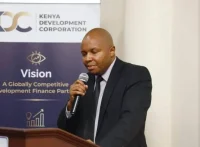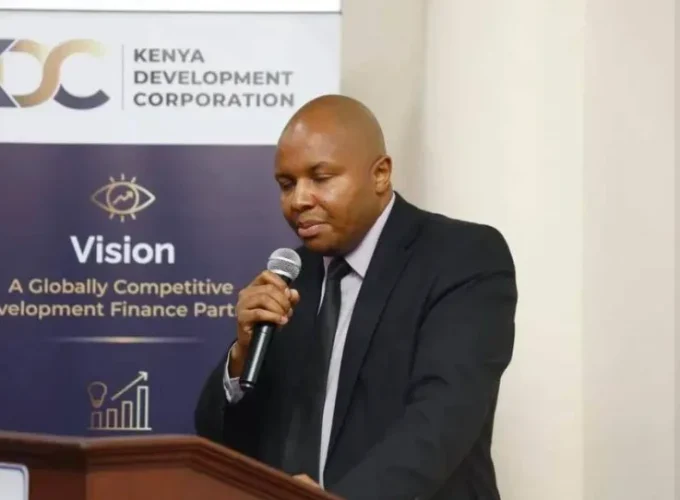Nairobi,Kenya
Minister of State for Planning and National Development and Vision 2030 Wycliffe Oparanya has identified key sectors that the government will focus on in the second Medium Term Plan for Vision 2030.
Tourism, agriculture, trade, ICT, financial service sectors, health and environment will form part of the second phase of Vision 2030, which will run from 2013 to 2017.
Speaking at Kenyatta International Conference Centre (KICC) Oparanya said that the project will be crucial in helping the country as the government continues striving to ensure that the economy is stable.
“The Medium Term Plan is crucial as Kenya is on its recovery from economy slip,” he said, revealing that the first phase saw a remarkable success.
“The second Medium term plan will see us half through the Long term plan of realizing Vision 2030, which was launched sometime ago by President Mwai Kibaki and Prime Minister Raila Odinga,” he said.
Assistant minister in the Ministry Peter Kenneth who also graced the event noted that although the country lacked the experience of delivering a medium term vision within a long term planning framework, it has in the past five years enjoyed unprecedented expansion in various sectors of the economy. These sectors have firmly put the economy on the path to the prosperous Kenya we are all aspiring to live in.
“Various sectors crucial to the economy growth have expanded in the last five years,” said Kenneth, adding that the country was still experiencing some teething challenges in some sectors that have slowed down the realization of that dream.
In providing the roadmap for the second Medium Term Plan, Permanent secretary in the Ministry of planning and National Development Dr Edward Sambili said that the key areas that the middle term plan will focus on are : employment creation, promotion of SME’s, reduction of poverty and inequality as well as overreliance of rain-fed agriculture.
“We are aiming at making the economy stable and for this to be achieved, there is need to address issues such as food insecurity, challenges in climate change, looming recession in industrial economies amongst others, said Sambili. Assistant Minister in the Ministry of Finance Dr. Oburu Odinga said that the Ministry of Finance would work in tandem with the Ministry of State for Planning and National Development & Vision 2030 as they develop the second medium Term Plan.
















































![Pula Co-Founders and Co-CEOs, Rose Goslinga & Thomas Njeru. Pula provides agricultural insurance and digital products to help smallholder farmers manage climate risks, improve farming practices and increase their incomes. [ Photo / Courtesy ]](https://businesstoday.co.ke/wp-content/uploads/2021/01/Pula-Co-Founders-and-Co-CEOs-Thomas-Njeru-Rose-Goslinga.jpg)




























































Leave a comment